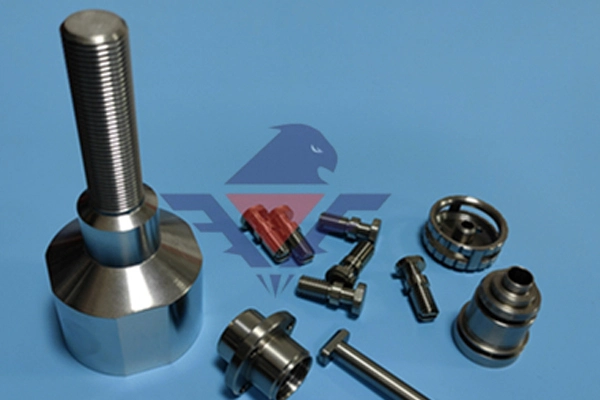
。
html
Precision Swiss Machining for Complex Components
Swiss machining is a highly specialized manufacturing process that excels in producing intricate and high-precision components. Known for its ability to handle tight tolerances and complex geometries, Swiss machining is widely used in industries such as medical, aerospace, and electronics.
What is Swiss Machining?
Swiss machining, also known as Swiss screw machining, originated in Switzerland for the watchmaking industry. This process utilizes a sliding headstock and guide bushing to provide exceptional stability and precision when machining small, slender parts. The workpiece is held firmly while rotating, allowing for precise cuts with minimal deflection.
Advantages of Swiss Machining
Swiss machining offers several key benefits for manufacturing complex components:
- High Precision: Capable of achieving tolerances as tight as ±0.0001 inches.
- Complex Geometries: Ideal for parts with intricate designs and fine details.
- Efficiency: Multiple tools can operate simultaneously, reducing cycle times.
- Material Versatility: Works with a wide range of materials, including metals, plastics, and composites.
Keyword: Swiss Machining
Applications of Swiss Machining
Due to its precision and versatility, Swiss machining is used in various industries:
- Medical: Surgical instruments, implants, and diagnostic equipment.
- Aerospace: Engine components, fasteners, and sensor housings.
- Electronics: Connectors, pins, and miniature components.
- Automotive: Fuel injection parts, transmission components, and sensors.
Choosing the Right Swiss Machining Partner
When selecting a Swiss machining provider, consider the following factors:
- Experience: Look for a company with a proven track record in your industry.
- Capabilities: Ensure they have the necessary equipment and expertise for your project.
- Quality Standards: Verify certifications like ISO 9001 or AS9100 for aerospace applications.
- Turnaround Time: Confirm they can meet your production deadlines.
Swiss machining continues to be a preferred method for manufacturing high-precision components with complex geometries. By understanding its advantages and applications, you can make informed decisions for your next project.